- Home
- Diana Palmer
Redbird Page 2
Redbird Read online
Page 2
“No doubt,” he said irritably. “But what does it matter? You’ll find another job.”
She glared at him. “Not like this one, I won’t!”
“Pays good, does it?” he asked, thinking that reporters always seemed to get a high rate of pay for selling out people’s private lives for public consumption.
“Very good,” she retorted, “with excellent chances for advancement.”
“Too bad.”
“You have no right to keep me here,” she informed him.
“You had no right to spy on me,” he returned.
Her face stiffened. “I beg your pardon?”
“You’ve had those damned binoculars trained up here for the past few days,” he said shortly. “Spying on me.”
“Spying…and why, pray tell, would I want to spy on you? Do you think I’m so desperate for a man that I have to peek through windows to get a glimpse of one?”
“You don’t need to play games with me,” he said coolly. “I’m not likely to be taken in by you. I’m an old hand at fending off groupies.”
“This is unreal,” she snapped. “Things like this don’t happen except in books and movies! Men don’t go around kidnapping women unless it’s a desert and they’re wearing long sheets!”
“Sorry,” he said. “I didn’t have a sheet handy.”
“And what do you mean, calling me a groupie?” She put her hands on her slim hips and glowered up at him with flashing dark eyes.
“Why were you spying on me?”
“Spying…!” She threw up her hands. “I was watching a bald eagle,” she said shortly. “They’ve just released a pair of them ten miles north of the ski lodge, as part of a federal repopulation program. I’d come to see them.”
“Oh, my God, tell me you’re not one of those animal-loving fanatics!”
“If there were more of us in the world, it wouldn’t be in such a mess.”
He looked angry as he studied her. “They tried repopulating wolves up north. The damned things are eating lambs and calves all over the mountains, and the people who released them went back home to their apartment buildings.”
He said it with such sarcasm and contempt that she almost took a step backward. But she was made of sterner stuff. “Nature exists largely on a system of checks and balances. You’ve overlooked the fact that without predators, prey multiplies. If you don’t believe that, look at Australia where the rabbits hadn’t enough natural enemies and overran the country.”
“Well then, why don’t we ship them some of our leftover wolves?” he asked smugly.
“Show me a wolf who can survive in the desert and it might be a good idea.”
“You hotshot animal lovers might consider crossbreeding a wolf with a camel. I hear they’re doing some fantastic genetic experiments in labs all over the country.”
“To produce healthier animals and disease-resistant strains of plants.”
“Hybrids,” he scoffed. “Hybrids are sterile, aren’t they?”
“I don’t deal in experiments,” she informed him hotly. “I wouldn’t know.”
“They turned loose two eagles. Isn’t that an experiment?”
She was losing ground. “Why have you brought me here?” She tried again for an answer.
“I’m a lonely man,” he said sarcastically. “I don’t have any company up here, and I can’t get girls. So periodically, I stake out the ski lodge and appropriate their overflow.” He lifted an expressive hand. “Think of it as repopulating my bachelor environment with healthy new specimens. That should appeal to someone like you. And think of all the juicy material you can use later.”
“Material? Use? For what?”
“Cut it out,” he said carelessly. “We both know what you do for a living. I heard it all from Carol at the lodge.”
“Carol? Oh, the blond waitress.” She sighed. “Well, I guess it doesn’t matter if you know, does it? I mean, I wasn’t exactly hiding it from anyone.”
“Just as I thought. Now. How about something to eat?” He indicated the window. “It’s highly doubtful that you could go anywhere right now even if I was willing to let you leave. Which I’m not.”
She pursed her full lips and stared up at him curiously. “When the snow clears, I’m heading out,” she informed him sweetly. “Or you’ll find yourself in jail the minute I can get to a telephone.”
“Threats are only useful when you can enforce them.”
“And you think I can’t?”
“I think that by the time you leave, you won’t need any.” He was hopeful that he could convince her not to bother Amanda. He was persuasive when he tried to be, and if she liked animals, she had to have a soft center. Knowing the enemy was half the battle. He didn’t think he was in for any surprises with her.
Chapter Two
“What’s your name?” he asked as he fried bacon.
“Poppy O’Brien,” she replied. “And yours?”
He chuckled. She was a game player, all right. “Call me Hank.”
“Hank what?”
He glanced toward her with an insolent smile. “Just Hank,” he said with faint challenge.
She joined him in the kitchen. “Have it your way. I suppose if I’d kidnapped someone I wouldn’t want to give them my real name, either.” She started opening cabinets.
“What are you doing?” he demanded. It irritated him that she felt free to rifle through his kitchen.
“I’m going to make biscuits. Unless you think you can.”
“I can make biscuits,” he said defensively.
“A lot of people can. But can you eat them?” she asked.
He hesitated. After a minute, he paused in his own chore and produced vegetable shortening, flour, milk and a big bowl. “Go for it.”
She rolled up the sleeves of her blue sweater and proceeded to make drop biscuits. He’d finished with the bacon and was working on beating eggs in a bowl.
“They’ll be cold by the time the biscuits get done if you cook them now,” she said pointedly.
He didn’t argue. He finished beating the eggs, covered the bowl and put them in the refrigerator. Then he perched himself on the edge of the big table and watched her pat the biscuits into a pan and dab milk onto the tops.
“You do that as if it’s a regular thing with you,” he commented.
“It is,” she said. “I’ve been feeding myself for a long time. Eating out is expensive. I cook a lot.”
“Do you cook for someone?” he probed.
She smiled as she put the biscuits into the oven she’d already had him preheat. “Yes. For myself.”
He stuck his hands into his pockets and stared her down.
She lifted a shoulder. “I don’t have time for that sort of thing,” she said. “I work nights and weekends and holidays. Before I got this job, I was in school.”
High school, he figured, by the look of her. She seemed very young. She wasn’t hard on the eyes at all, with that trim figure and her big dark eyes and soft oval face. She had a vulnerable manner that appealed to his masculinity. His wife had been a take-charge sort of woman, very businesslike and intelligent, but with hard edges that he could never smooth. She liked being a real estate executive and she had no thoughts of being a housewife and mother. She didn’t like children. She did enjoy pretty clothes and parties, though. His best friend was taking her to a lot of those, he heard.
Poppy glanced at him and saw the expression that narrowed his deep blue eyes. “Do you have someone to cook for?” she asked bluntly. If he could ask questions, so could she.
“I was married,” he said flatly. “She took up with my best friend and divorced me. I wasn’t home enough to suit her.”
“I’m sorry.”
“Don’t be. It was a friendly divorce. We weren’t compatible.” He looked down at his hand-tooled leather boots. “I wanted kids. I have a bunch of brothers back home.”
She leaned back against the pine counter and folded her arms across her chest. “I don�
�t have any family left. My mother died when I was born and my father was killed in an airplane crash four years ago.”
“Are you an only child?”
She nodded. “It’s a good thing I was goal-oriented and self-sufficient, I guess,” she confessed. “I threw myself into studying and got over it in time.”
“How did you manage to support yourself while you got through high school?” he asked curiously.
“High school?” Her eyes widened. “I was in college.” She laughed. “How old do you think I am?”
“Eighteen. Maybe nineteen.”
She grinned. “Thanks. I’m twenty-six.”
His heavy brows drew together. “Hell!”
“I am. I have a degree.”
“In what—”
The thunderous, crashing sound outside cut him off. He rushed to the window and looked out. Snow had come off the mountain above the lodge in a small avalanche, taking down telephone lines and power lines.
“Good thing Mark’s got emergency generators,” he murmured. “So have I. But those telephone lines are well and truly out until this weather clears a little.”
“Do you have a phone?” she asked from beside him.
He looked at her. “No. I’ve been using the phone at the lodge. I hate telephones. Unlisted numbers are a farce—there’s no such thing. You ought to know that.”
She wondered how he did know that her private line was flooded with calls from people at two in the morning whose problems couldn’t wait until the office opened.
She laughed. “Well, yes, I do know.”
He glanced back out the window. “The lodge is okay, at least. I met a guy in the ski patrol this morning when I went out for supplies. He said they’d checked the slopes earlier and there was no threat. I wonder what caused the avalanche?”
“People skiing outside the safe boundary, a gunshot from an irresponsible hunter, God knows.” She grimaced. “I hope that poor dog got found.”
“Marshmallow heart,” he accused. “The only dog I know of around here is a stray who hangs around the lodge for handouts. He belongs to a retired Austrian skier who lives about a half mile over the hill. That dog knows these mountains better than any human being, and he doesn’t get lost. Somebody was pulling your leg.” One eye narrowed. “Who sent you out?”
She frowned. “It was one of the younger ski instructors, the one they call Eric. He said that he’d start from the other end of the trail and we’d meet in the middle at some little cabin…” She stopped. “Why are you laughing?”
“Eric Bayer,” he said, nodding. “They call him St. Bernard, because he’s pulled that lost-dog stunt so many times with pretty young tourists. That cabin is almost a shrine to his prowess as a lover.”
She flushed to her hairline. He watched, smiling.
“Where do you come from?” he asked lazily.
“Sioux City, Iowa,” she said. “Why?”
“It figures.” He moved back into the kitchen just in time to remove the biscuits before they burned. They looked light and fluffy and they were just tanned enough to be tempting. “Nice,” he pronounced.
“Thanks.” She got butter from the refrigerator while he scrambled the eggs. She made coffee and when the eggs were ready, she poured it into two thick mugs and put them on the small, square kitchen table.
“Forks,” he said, handing her one. “I don’t fuss with table settings when I’m alone here.”
“Ah,” she said. “So you’re not usually alone?”
“Only when I’m working.” He raised his fork and took a mouthful of scrambled egg. “And you should know,” he added mockingly, “because Rolling Stone prints something about every visit I make here.”
Her eyebrows arched. “Rolling Stone? They’re a rock group, aren’t they? I thought they were in England. Do they have a newsletter?”
“You do that amazingly well,” he remarked.
“Do what?”
“The innocent look,” he replied, finishing his eggs before he started on the biscuits. “I wish I had some jam. I ate the last of it yesterday and forgot to get more.”
“Too bad. What was that about looking innocent?”
“Eat your lunch before it gets cold. These are great biscuits!”
They must have been, he was on his fourth one. She smiled. “Breakfast for lunch,” she remarked. “I can’t wait to see what you eat for the evening meal.”
“Cereal, usually,” he remarked. “Or sandwiches. I don’t cook much when I’m working. If I get a yen for breakfast in the middle of the day, I have it,” he added firmly.
She smiled. “I wasn’t complaining. I love breakfast.”
Her easy acceptance of the odd meal put him at ease. He finished eating and sat back with the coffee mug in one huge hand and looked at her. She was small. Not tiny, but small, and beautifully proportioned. He liked her soft complexion and those big brown eyes. She had a pretty mouth, too, very full and sweet-looking.
“I feel I should tell you that I know karate.”
His eyebrows lifted. “Do you, really?”
She nodded.
He smiled lazily. “Do you really think it would do you any good against someone my size?” he asked gently.
She looked him over. “You ruined it.”
“Ruined what?”
“I was going to tell you that I knew karate and several other Japanese words.”
It took a minute to sink in. When it did, he began to laugh.
She smiled, too. “And to answer that, no, I don’t think it would do me a bit of good against someone your size. Even if I knew how to use it.” She finished her coffee and put the mug down. “Why did you think I was spying on you?”
“You kept looking in my living room window.”
“The eagle was sitting on the top limb of one of those aspen trees behind your house.”
He let out a soft whistle. “There really was an eagle?”
“Two of them,” she amended. “Beautiful eagles. They’re huge birds. I’d never seen any up close before. I thought they were small, but they aren’t, and they have pale golden eyes.”
“I’ve seen eagles,” he replied. “I spend a lot of time here and in Wyoming.”
“I’d love to see Wyoming,” she remarked. “I’ve always wanted to go to Cheyenne during the rodeo season.”
“Don’t you animal lovers consider rodeo a cruel sport?” he taunted.
“I’m not a fanatic,” she said pointedly. “And I know better than some people how well treated most rodeo stock is. My dad used to handle bulls for the bull-riding events, back in Oklahoma.”
“I thought you said you were from Sioux City.”
“I live there now. I grew up outside Oklahoma City.” She touched the rim of the coffee cup. “Where are you from?”
She was laying it on thick, but he was too tired to question her. He’d been up late for the better part of a week trying to write lyrics that just wouldn’t come. “I’m from Texas, up near Dallas.”
“Around the cross-timbers country?” She smiled at his surprise. “I’ve been through there a time or two with Dad, when he went to rodeos.”
“It’s pretty country. So is this.”
The portable generator made a noise and he glared toward the back of the house. “Damn that thing,” he muttered. “I knew I should have replaced it. If it goes out, we’ll freeze and starve to death in here.”
“Hardly,” she said. “There’s plenty of cut wood out front and you have a fireplace. I know how to cook on a fireplace.”
“Good thing,” he muttered. “I sure as hell don’t.”
“I gather that there’s no way out of here except down the mountain we just came up?”
He nodded.
She looked out at the blinding snow and rubbed her arms. “You still haven’t told me why you brought me up here.”
“Does it matter now?” he asked. “You can’t leave, anyway. From the looks of that snow, we’re going to be cabin-bound for a few days
until they can get the snowplows in.”
“Well, yes, I think it does matter,” she replied. “After all, nobody’s ever tried to kidnap me before. I’d like to know what I’ve done.”
“Why do you insist on playing games with me?” he muttered. “I know who you are!”
“Yes, you’ve already said so.”
“Then you know what you’ve done,” he said. “You threatened to call in a story that would damage several careers and possibly cost a woman her child.”
“Call in a story.” She repeated it again, staring blankly at him. “Call it in to whom? And how would I, since the only things I know how to fill out are medical reports?”
“Medical reports?”
She glowered at him. “Yes, medical reports, prescriptions, medicines, that sort of thing. I have a degree. I’m in practice. That’s why I need to be back home, before I lose the partnership I’ve worked so hard to get!”
“You’re a doctor?” he bellowed.
“Yes. Dr. O’Brien!”
He slapped his hand over his forehead. “Oh, God, I got the wrong one!”
“Wrong one. Am I to gather that you meant to kidnap some other poor woman?”
“Yes!” he said impatiently. He ran his hand through his bushy, thick hair. “Damn! Damn, damn, damn, she’s probably halfway to New York by now with a heaving bosom full of unsubstantiated facts!”
“She, who?” Poppy demanded.
“That damn reporter!”
“The girl I was sitting with when you came in? But she isn’t due to leave for two more days. She’s meeting her fiancé in Salt Lake City and then they’re going on to Los Angeles.”
“She is?”
“That’s what she said.”
He leaned forward. “This is important. Did she say anything to you about Amanda Sutton?”
“I don’t remember any names,” she said. “She was talking about a singer who’d vanished from sight and the breakup of a big rock group.”
“Which rock group?” he asked.
She grimaced. “Sorry,” she said apologetically. “I don’t keep up with pop music. I like classical and opera.”
He stared at her, long and hard.
“You needn’t look like that,” she muttered, sweeping back the fall of hair that dropped onto her brow. “There isn’t one thing wrong with symphonies and opera!”

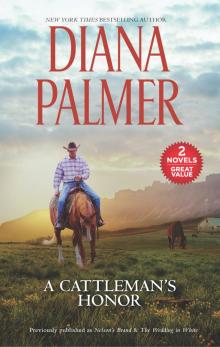 A Cattleman's Honor
A Cattleman's Honor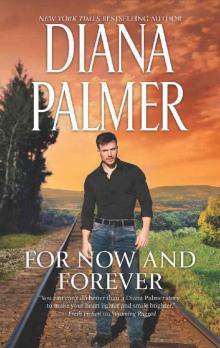 For Now and Forever
For Now and Forever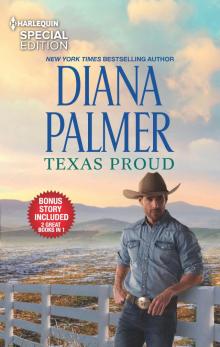 Texas Proud and Circle of Gold
Texas Proud and Circle of Gold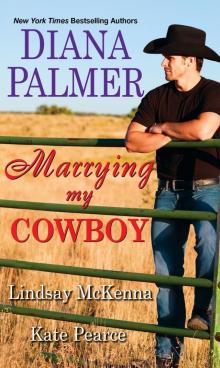 Marrying My Cowboy
Marrying My Cowboy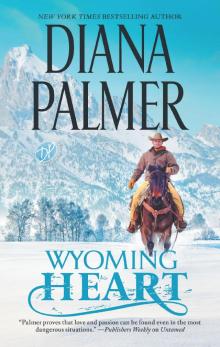 Wyoming Heart
Wyoming Heart Christmas Kisses with My Cowboy
Christmas Kisses with My Cowboy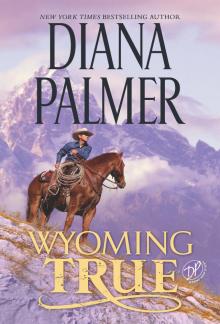 Wyoming True
Wyoming True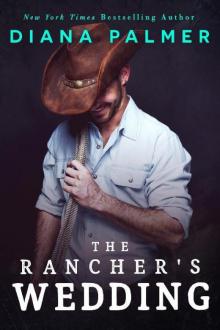 The Rancher's Wedding
The Rancher's Wedding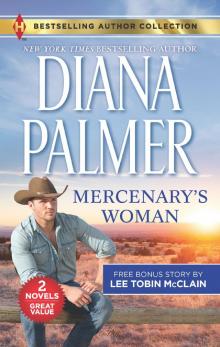 Mercenary's Woman ; Outlawed!
Mercenary's Woman ; Outlawed! Long, Tall Texans: Stanton ; Long, Tall Texans: Garon
Long, Tall Texans: Stanton ; Long, Tall Texans: Garon Lawless
Lawless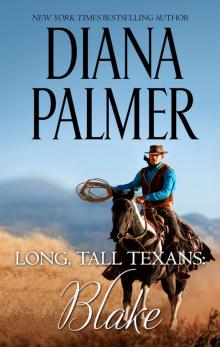 Blake
Blake Escapade
Escapade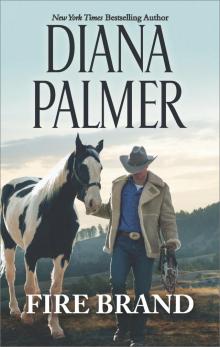 Fire Brand
Fire Brand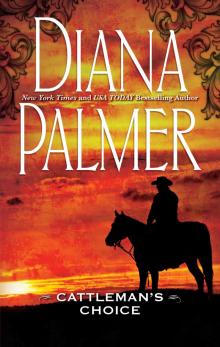 Cattleman's Choice
Cattleman's Choice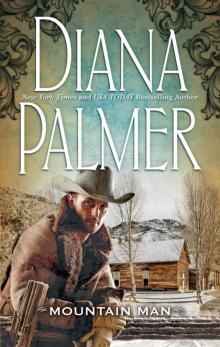 Mountain Man
Mountain Man Long, Tall and Tempted
Long, Tall and Tempted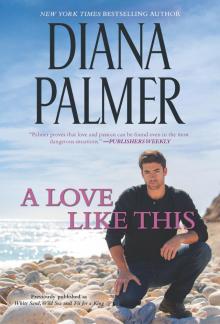 A Love Like This
A Love Like This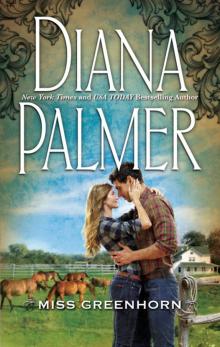 Miss Greenhorn
Miss Greenhorn Magnolia
Magnolia Lord of the Desert
Lord of the Desert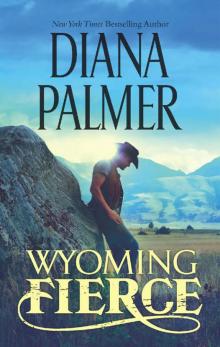 Wyoming Fierce
Wyoming Fierce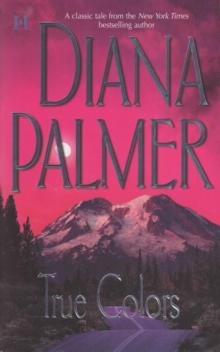 True Colors
True Colors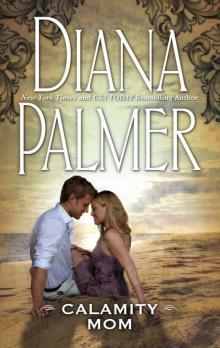 Calamity Mom
Calamity Mom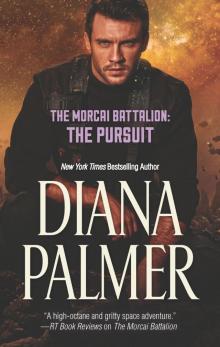 The Pursuit
The Pursuit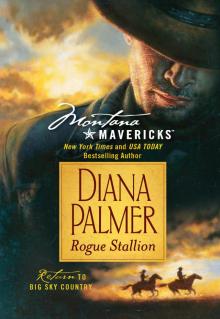 Rogue Stallion
Rogue Stallion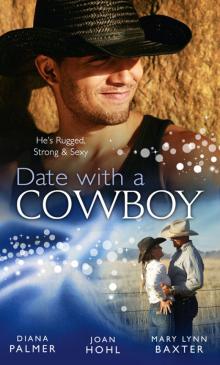 Date with a Cowboy
Date with a Cowboy Heart of Winter
Heart of Winter Friends and Lovers
Friends and Lovers Love on Trial
Love on Trial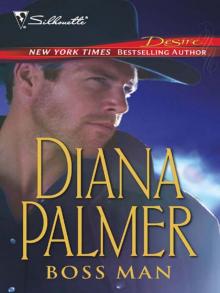 Boss Man
Boss Man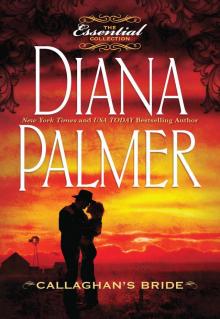 Callaghan's Bride
Callaghan's Bride Before Sunrise
Before Sunrise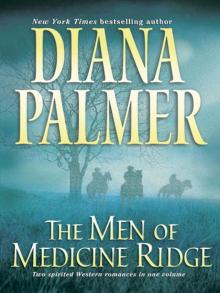 The Men of Medicine Ridge
The Men of Medicine Ridge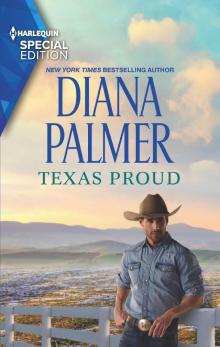 Texas Proud
Texas Proud Wyoming Tough
Wyoming Tough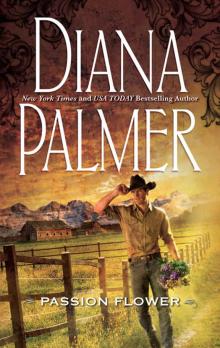 Passion Flower
Passion Flower Maggie's Dad
Maggie's Dad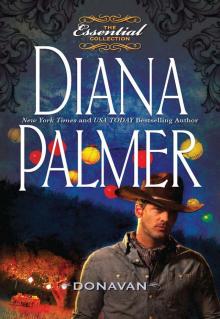 Donavan
Donavan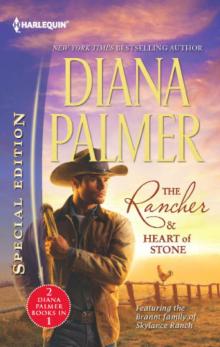 The Rancher & Heart of Stone
The Rancher & Heart of Stone Long, Tall Texans: Tom
Long, Tall Texans: Tom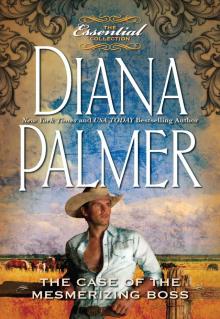 The Case of the Mesmerizing Boss
The Case of the Mesmerizing Boss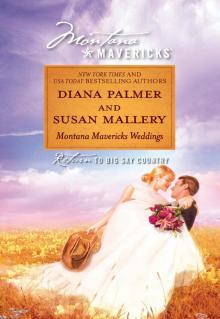 Montana Mavericks Weddings
Montana Mavericks Weddings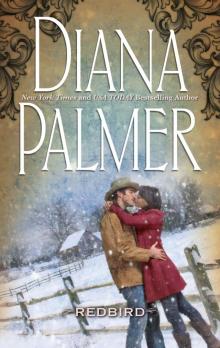 Redbird
Redbird Wyoming Strong
Wyoming Strong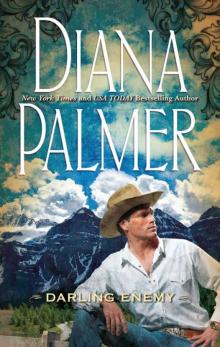 Darling Enemy
Darling Enemy Love by Proxy
Love by Proxy Coltrain's Proposal
Coltrain's Proposal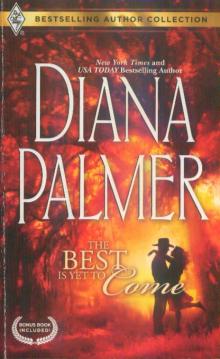 The Best Is Yet to Come & Maternity Bride
The Best Is Yet to Come & Maternity Bride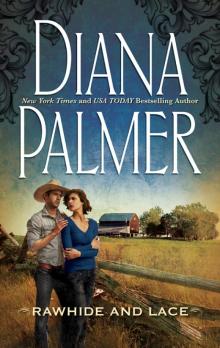 Rawhide and Lace
Rawhide and Lace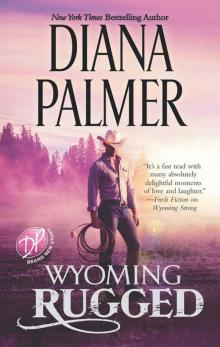 Wyoming Rugged
Wyoming Rugged Patient Nurse
Patient Nurse Undaunted
Undaunted Long Tall Texans Series Book 13 - Redbird
Long Tall Texans Series Book 13 - Redbird Outsider
Outsider Long, Tall Texans: Drew
Long, Tall Texans: Drew Long, Tall Texans--Christopher
Long, Tall Texans--Christopher Merciless
Merciless A Match Made Under the Mistletoe
A Match Made Under the Mistletoe Evan
Evan Hunter
Hunter Now and Forever
Now and Forever Hard to Handle
Hard to Handle Amelia
Amelia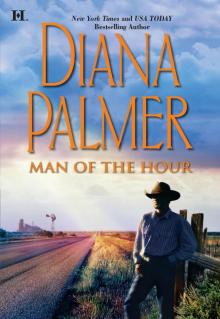 Man of the Hour
Man of the Hour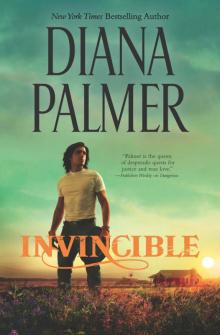 Invincible
Invincible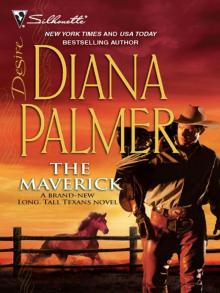 The Maverick
The Maverick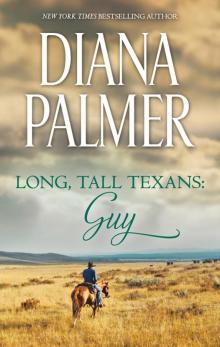 Long, Tall Texans--Guy
Long, Tall Texans--Guy Noelle
Noelle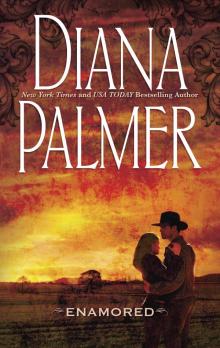 Enamored
Enamored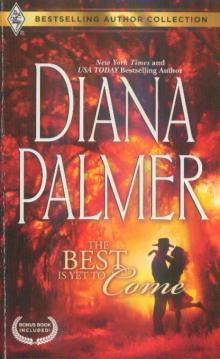 The Best Is Yet to Come
The Best Is Yet to Come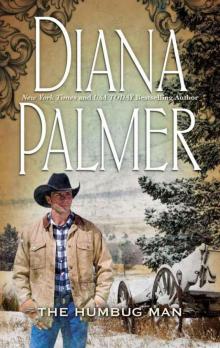 The Humbug Man
The Humbug Man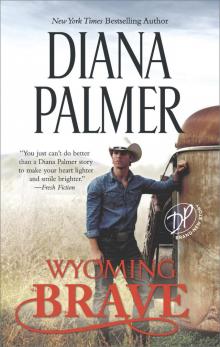 Wyoming Brave
Wyoming Brave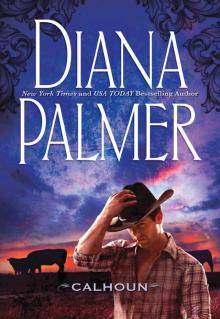 Calhoun
Calhoun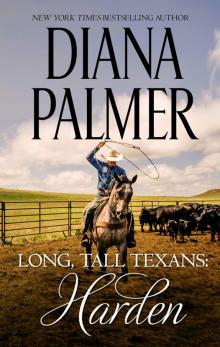 Long, Tall Texans--Harden
Long, Tall Texans--Harden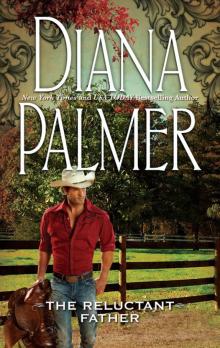 The Reluctant Father
The Reluctant Father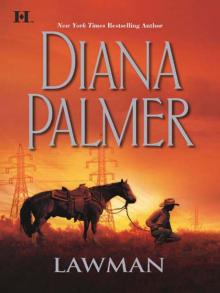 Lawman
Lawman Long, Tall Texans: Hank & Ultimate Cowboy ; Long, Tall Texans: Hank
Long, Tall Texans: Hank & Ultimate Cowboy ; Long, Tall Texans: Hank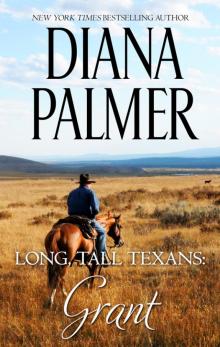 Grant
Grant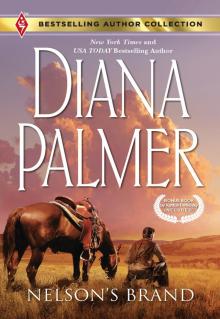 Nelson's Brand
Nelson's Brand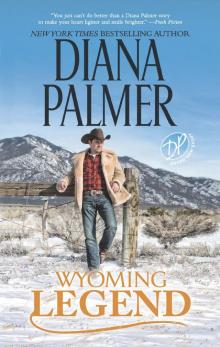 Wyoming Legend
Wyoming Legend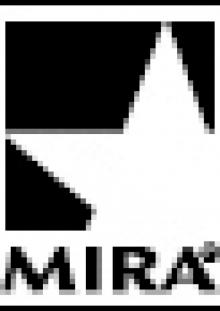 Diamond Spur
Diamond Spur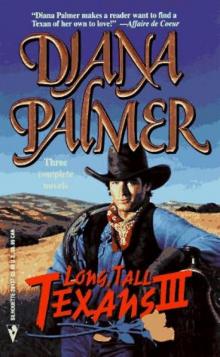 That Burke Man
That Burke Man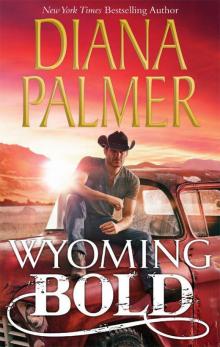 Wyoming Bold (Mills & Boon M&B)
Wyoming Bold (Mills & Boon M&B) Heartless
Heartless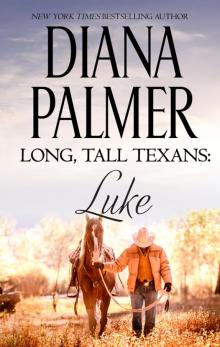 Long, Tall Texans--Luke
Long, Tall Texans--Luke To Have and to Hold
To Have and to Hold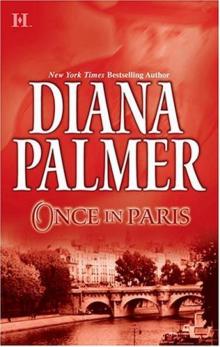 Once in Paris
Once in Paris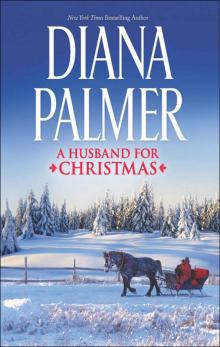 A Husband for Christmas: Snow KissesLionhearted
A Husband for Christmas: Snow KissesLionhearted Night Fever
Night Fever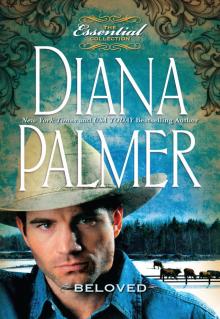 Beloved
Beloved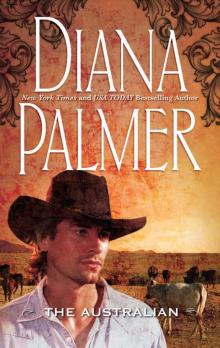 The Australian
The Australian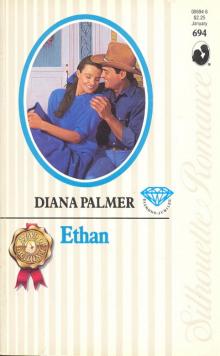 Ethan
Ethan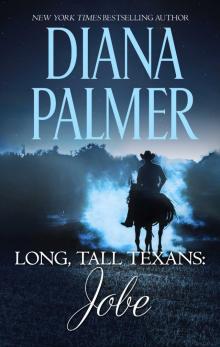 Long, Tall Texans: Jobe
Long, Tall Texans: Jobe Bound by Honor: Mercenary's WomanThe Winter Soldier
Bound by Honor: Mercenary's WomanThe Winter Soldier Tender Stranger
Tender Stranger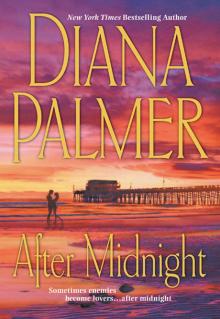 After Midnight
After Midnight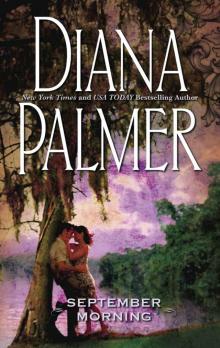 September Morning
September Morning To Wear His Ring
To Wear His Ring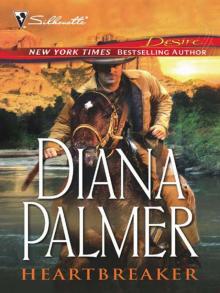 Heartbreaker
Heartbreaker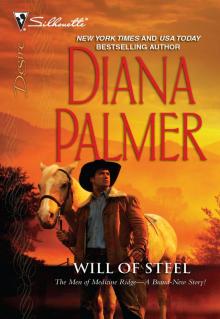 Will of Steel
Will of Steel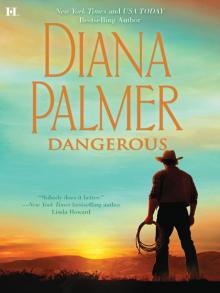 Dangerous
Dangerous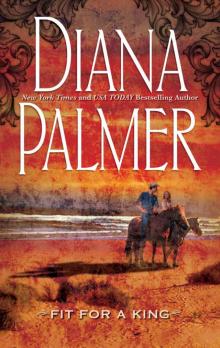 Fit for a King
Fit for a King Diamond in the Rough
Diamond in the Rough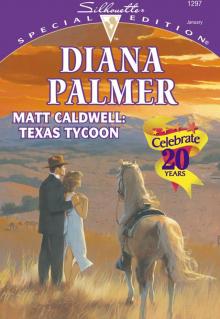 Matt Caldwell: Texas Tycoon
Matt Caldwell: Texas Tycoon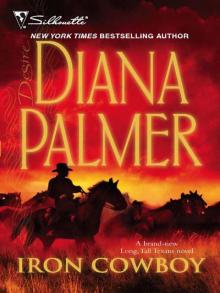 Iron Cowboy
Iron Cowboy Fire And Ice
Fire And Ice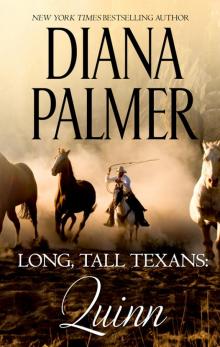 Long, Tall Texans--Quinn--A Single Dad Western Romance
Long, Tall Texans--Quinn--A Single Dad Western Romance Montana Mavericks, Books 1-4
Montana Mavericks, Books 1-4 Denim and Lace
Denim and Lace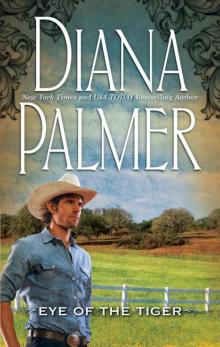 Eye of the Tiger
Eye of the Tiger The Princess Bride
The Princess Bride Long, Tall Texans: Rey ; Long, Tall Texans: Curtis ; A Man of Means ; Garden Cop
Long, Tall Texans: Rey ; Long, Tall Texans: Curtis ; A Man of Means ; Garden Cop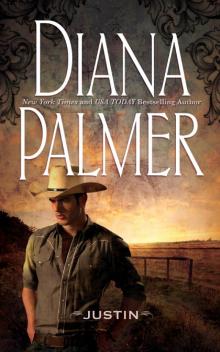 Justin
Justin Nora
Nora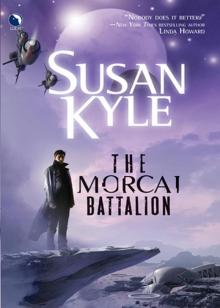 The Morcai Battalion
The Morcai Battalion Heart of Stone
Heart of Stone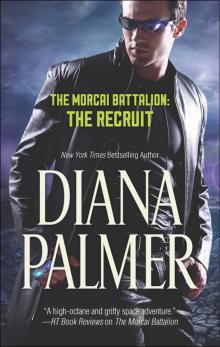 The Morcai Battalion: The Recruit
The Morcai Battalion: The Recruit To Love and Cherish
To Love and Cherish Invictus
Invictus Regan's Pride
Regan's Pride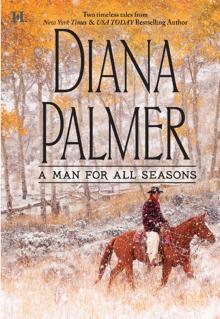 A Man for All Seasons
A Man for All Seasons Sweet Enemy
Sweet Enemy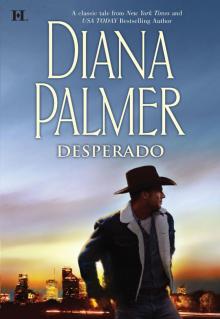 Desperado
Desperado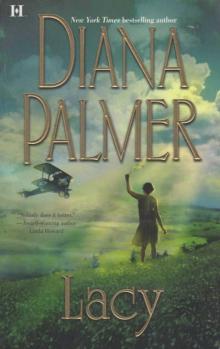 Lacy
Lacy The Winter Man
The Winter Man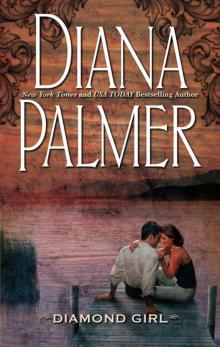 Diamond Girl
Diamond Girl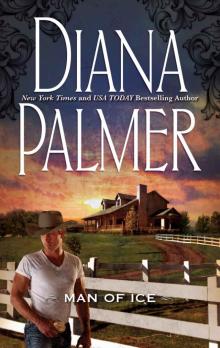 Man of Ice
Man of Ice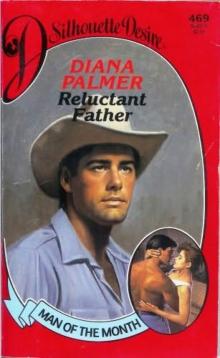 Reluctant Father
Reluctant Father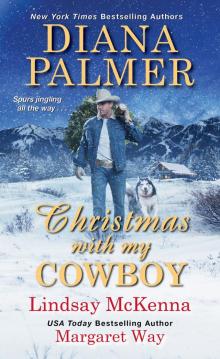 Christmas with My Cowboy
Christmas with My Cowboy Love with a Long, Tall Texan
Love with a Long, Tall Texan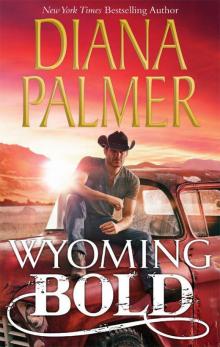 Wyoming Bold wm-3
Wyoming Bold wm-3 King's Ransom
King's Ransom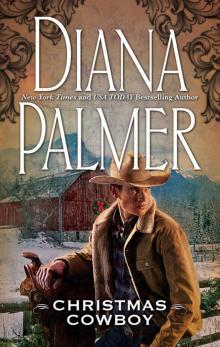 Christmas Cowboy
Christmas Cowboy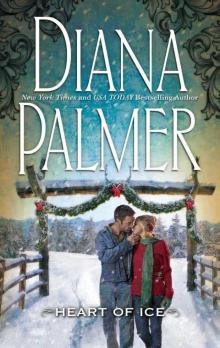 Heart of Ice
Heart of Ice Fearless
Fearless Long, Tall Texans_Hank
Long, Tall Texans_Hank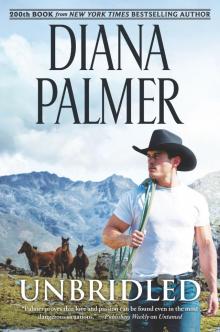 Unbridled
Unbridled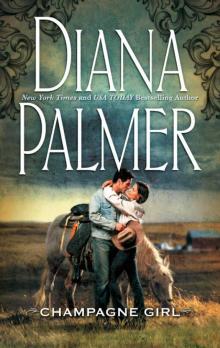 Champagne Girl
Champagne Girl The Greatest Gift
The Greatest Gift Storm Over the Lake
Storm Over the Lake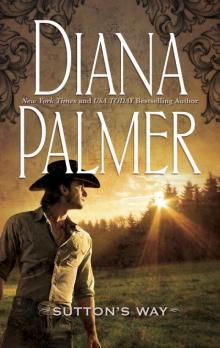 Sutton's Way
Sutton's Way Lionhearted
Lionhearted Renegade
Renegade Betrayed by Love
Betrayed by Love Dream's End
Dream's End All That Glitters
All That Glitters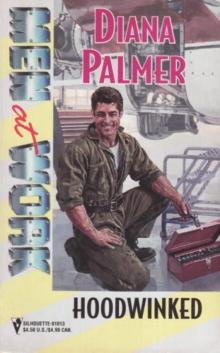 Hoodwinked
Hoodwinked Soldier of Fortune
Soldier of Fortune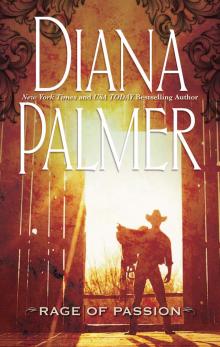 Rage of Passion
Rage of Passion Winter Roses
Winter Roses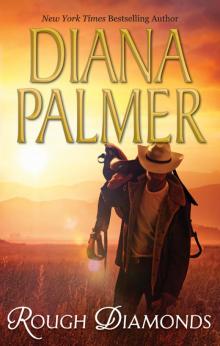 Rough Diamonds: Wyoming ToughDiamond in the Rough
Rough Diamonds: Wyoming ToughDiamond in the Rough Protector
Protector Emmett
Emmett True Blue
True Blue The Tender Stranger
The Tender Stranger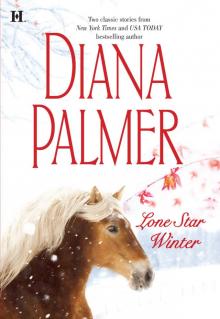 Lone Star Winter
Lone Star Winter Man in Control
Man in Control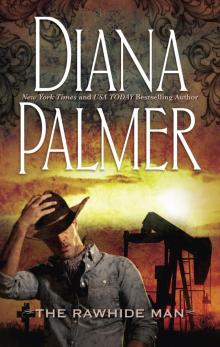 The Rawhide Man
The Rawhide Man Untamed
Untamed Midnight Rider
Midnight Rider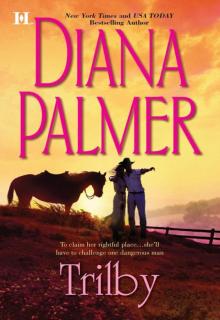 Trilby
Trilby A Long Tall Texan Summer
A Long Tall Texan Summer Tangled Destinies
Tangled Destinies LovePlay
LovePlay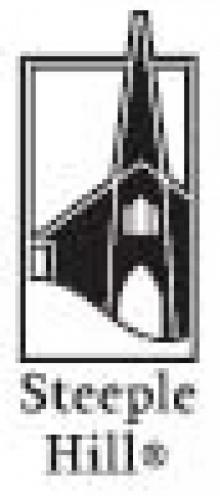 Blind Promises
Blind Promises Carrera's Bride
Carrera's Bride Calamity Mum
Calamity Mum Long, Tall Texan Legacy
Long, Tall Texan Legacy Bound by Honor
Bound by Honor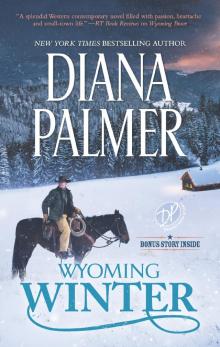 Wyoming Winter--A Small-Town Christmas Romance
Wyoming Winter--A Small-Town Christmas Romance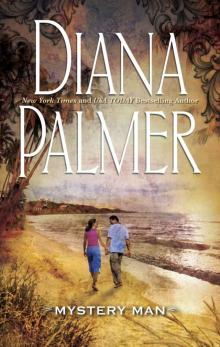 Mystery Man
Mystery Man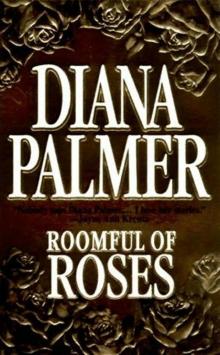 Roomful of Roses
Roomful of Roses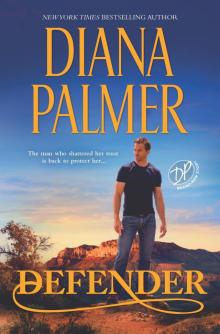 Defender
Defender Bound by a Promise
Bound by a Promise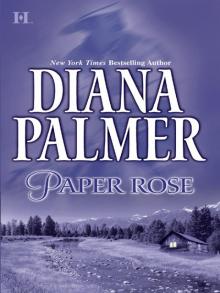 Paper Rose
Paper Rose If Winter Comes
If Winter Comes Circle of Gold
Circle of Gold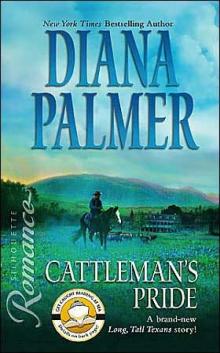 Cattleman's Pride
Cattleman's Pride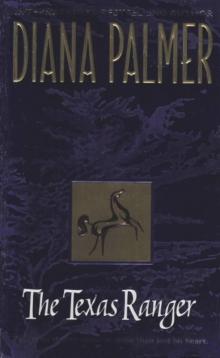 The Texas Ranger
The Texas Ranger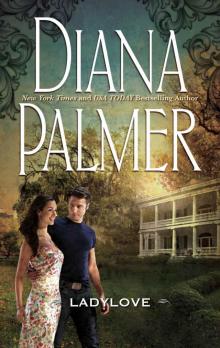 Lady Love
Lady Love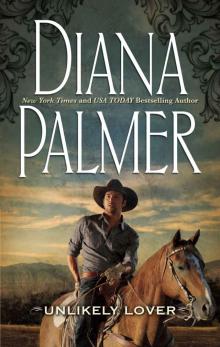 Unlikely Lover
Unlikely Lover A Man of Means
A Man of Means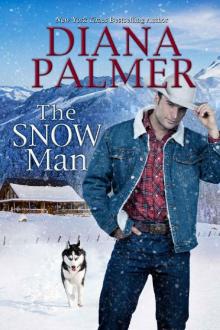 The Snow Man
The Snow Man The Case of the Missing Secretary
The Case of the Missing Secretary Harden
Harden Tough to Tame
Tough to Tame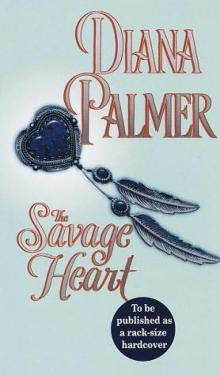 The Savage Heart
The Savage Heart